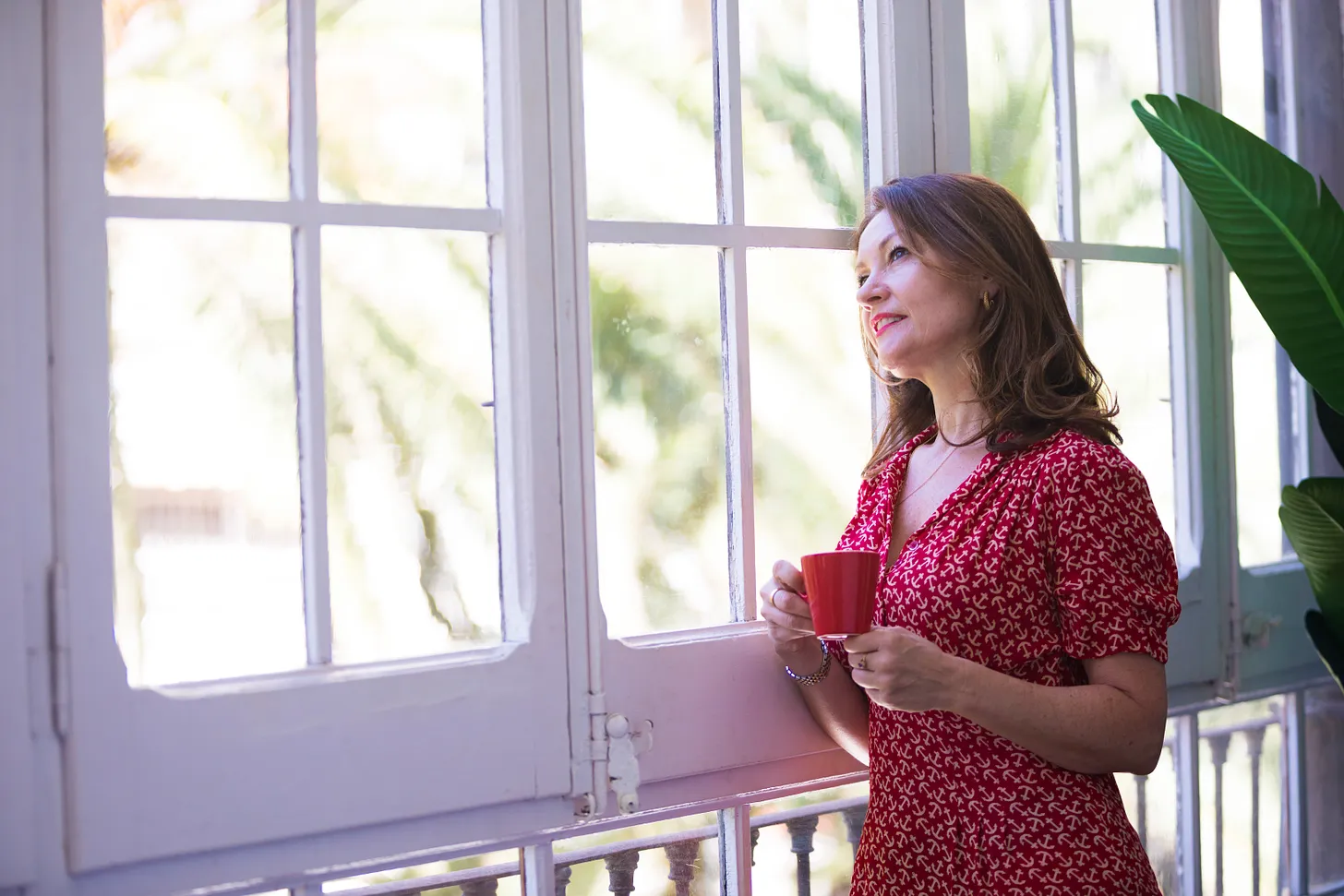Unveiling Microplastic Dangers & Championing Eco-Friendly Tea Choices
Healthy Home Concept = Nourishment
The Innocent Cuppa
According to a study carried out by the University of Newcastle commissioned by WWF, it was found that the average person consumes around 2000 tiny pieces of plastic each week ! This equates to eating one of your credit cards EVERY week! You may have heard about the insane amount of plastics in our seas and water supply but most people don’t realise the levels they are consuming in food and drinks and inhaling through dust.
These microplastics have a really damaging effect on nearly every system of our bodies. The digestive, respiratory, endocrine, reproductive, and immune systems plus have been linked to the vast increase in cancers in recent years. Microplastics cause changes in the intestinal microbiome, leading to various gastrointestinal symptoms and can cause chemical toxicity, which involves the absorption and accumulation of environmental toxins such as heavy metals. The damaging effects go on and on!
Human activities and products, such as washing, worn tires, city dust, road paint, ships, and cleaning products have been reported as sources of microplastics that end up in our food and lungs. However, a less discussed culprit is the presence of plastic in many tea bags, which impact both our health and the environment. As a tea loving nation, our lives revolve around the perfect cuppa so I wanted to shed a bit of light on this issue and introduce some non-toxic, eco-friendly tea brands as healthier alternatives.
Unveiling the Issue with Plastic in Tea Bags
Many commercial tea bags are sealed with polypropylene, a type of plastic, to help them maintain their shape. When these tea bags are steeped in hot water, they have the potential to release microplastics into the tea. Beyond personal health, these plastics contribute to environmental pollution, exacerbating the global plastic waste crisis.
Prioritizing Health and Sustainability: Tea Brand Alternatives
Recognizing the need for healthier and more sustainable tea-drinking options, several brands have stepped up, offering alternatives that ensure your tea time remains a pure and enjoyable experience. Here are a few commendable brands leading the way:
- Loose Leaf Tea: Embracing loose leaf tea not only minimises waste but also allows for a more authentic tea experience. It’s a sustainable choice that eliminates the need for tea bags altogether and I love the ritual of getting out the favourite china!
- Pukka Herbs: Known for their organic and ethically sourced ingredients, Pukka Herbs offers tea bags that are completely biodegradable, ensuring your tea ritual is both clean and green.
- Numi Organic Tea: Numi takes pride in their environmentally conscious approach, with tea bags crafted from bamboo. These bags are fully compostable, aligning with a vision for a healthier planet.
- Teapigs: Teapigs’ commitment to sustainability is evident in their biodegradable “tea temples” made from cornstarch, providing a guilt-free tea experience for the eco-conscious consumer.
Embracing DIY Tea Blends
For those inclined towards a more hands-on approach, creating your own tea blends using organic loose leaf tea and herbs can be a rewarding and eco-friendly practice. This approach not only reduces waste but also allows for customisation according to personal taste preferences and health goals. Why not get creative this weekend and make up your own unique blend!
The Path Forward
The Path ForwardMaking the switch to eco-friendly tea options is a simple yet impactful step towards a healthier lifestyle and a more sustainable world. As consumers, we have the power to drive change through our choices. By opting for plastic-free tea brands or embracing loose leaf tea, we contribute to a healthier environment and take a step closer to a toxin-free lifestyle.
The amount of plastic pollution currently invading our lives is one of my biggest concerns. It’s everywhere and governments aren’t doing anything to curtail the production of yet more plastics. Recycling doesn’t help, especially when we know that less then 10% of our waste is actually being recycled and most of it is being sent to poorer countries to pollute their lives and environments as well. This is the first in a series of articles that I would like to produce on plastics; So if you would like to know more around how we can minimise our exposure to this toxic substance and the worst culprits that are causing us the most harm, please subscribe!
Wishing you well
Charlie x
P.S. If you are suffering with chronic health complaints, it may be that your body is overloaded with toxins.
As we are bombarded everyday by increasing amounts of toxins in our food, water and air (from pesticides to BPAs to Plastics (as we discussed in the article above), it’s no surprise that more and more of us are suffering with health concerns as a result. To learn more about how I healed myself from autoimmune issues or if you’re interested in learning more about my Health Coaching Services and Detox Protocols, email me or check out more via my website.



0 Comments